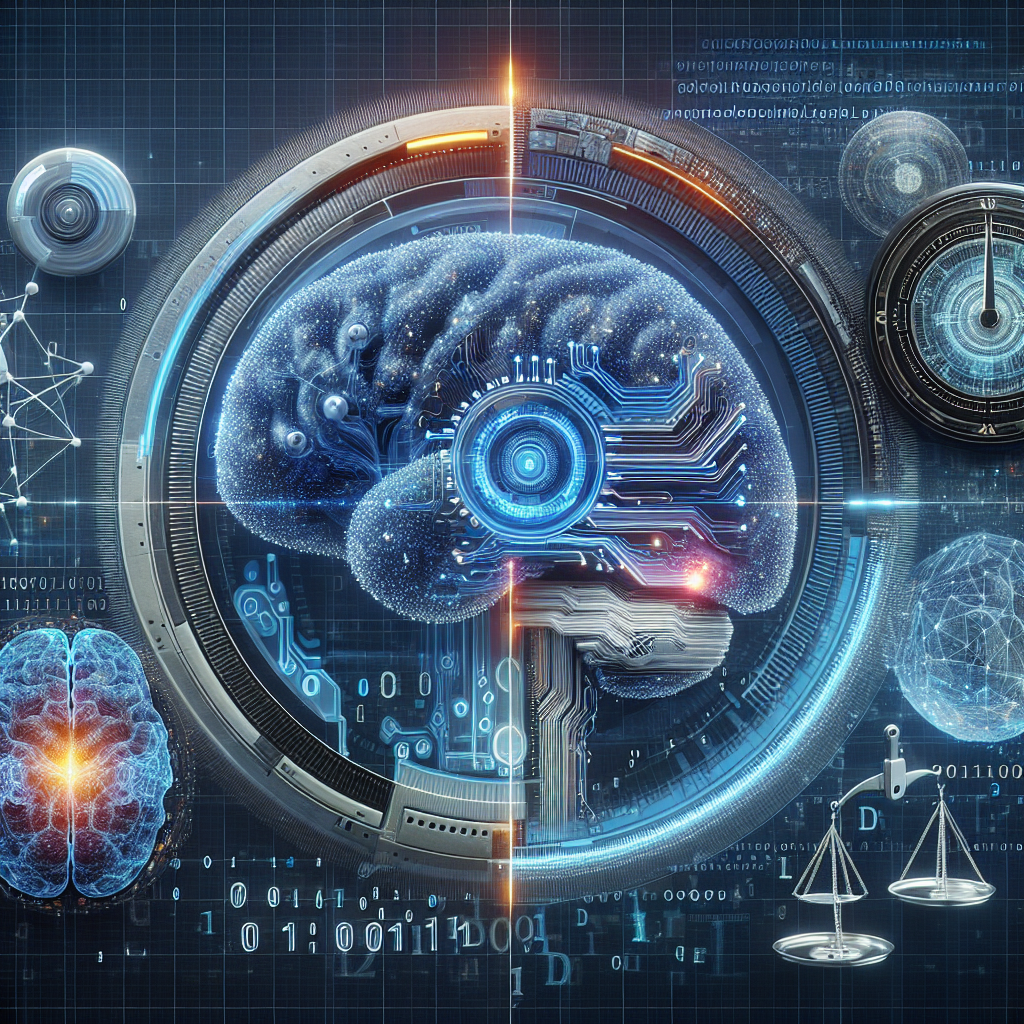The Future of AGI: Ethical Considerations and Implications
Artificial General Intelligence (AGI) is a topic that has been gaining increasing attention in recent years. AGI refers to a type of artificial intelligence that is capable of performing any intellectual task that a human can do. This includes tasks such as reasoning, problem-solving, and even creativity. While AGI has the potential to revolutionize many aspects of our lives, it also raises a number of ethical considerations and implications that need to be carefully considered.
In this article, we will explore the ethical considerations and implications of AGI, as well as the potential impact that it could have on society. We will also discuss some of the key questions and concerns that have been raised by experts in the field.
Ethical Considerations of AGI
One of the main ethical considerations of AGI is the potential impact that it could have on the job market. As AGI becomes more advanced, it has the potential to automate many tasks that are currently performed by humans. This could lead to widespread job displacement and unemployment, particularly in industries that rely heavily on manual labor.
Another ethical concern is the potential for AGI to be used in ways that are harmful or unethical. For example, there is a concern that AGI could be used to develop autonomous weapons systems that could be used in warfare. There is also a concern that AGI could be used to manipulate or control people in ways that are harmful or unethical.
Implications of AGI
The implications of AGI are vast and far-reaching. AGI has the potential to revolutionize many aspects of our lives, from healthcare to transportation to education. AGI could be used to develop new treatments for diseases, improve the efficiency of transportation systems, and personalize education for individual students.
However, there are also potential risks associated with AGI. For example, there is a concern that AGI could be used to manipulate or control people in ways that are harmful or unethical. There is also a concern that AGI could lead to a loss of privacy and autonomy, as our personal data is collected and analyzed by intelligent machines.
FAQs
Q: Will AGI replace human workers?
A: It is possible that AGI could automate many tasks that are currently performed by humans, leading to job displacement. However, it is also possible that AGI could create new job opportunities in fields that require human creativity and emotional intelligence.
Q: How can we ensure that AGI is developed ethically?
A: It is important for developers and policymakers to consider the ethical implications of AGI and to develop guidelines and regulations to ensure that AGI is used responsibly. This may include ensuring transparency and accountability in the development and use of AGI, as well as considering the potential impact on society as a whole.
Q: What are the potential benefits of AGI?
A: AGI has the potential to revolutionize many aspects of our lives, from healthcare to transportation to education. AGI could be used to develop new treatments for diseases, improve the efficiency of transportation systems, and personalize education for individual students.
Q: What are the potential risks of AGI?
A: There are potential risks associated with AGI, including the potential for job displacement, the development of autonomous weapons systems, and the loss of privacy and autonomy. It is important for policymakers to consider these risks and to develop regulations to mitigate them.
In conclusion, the future of AGI holds great promise, but also poses significant ethical considerations and implications that need to be carefully considered. By addressing these issues proactively, we can ensure that AGI is developed and used in a way that benefits society as a whole.

